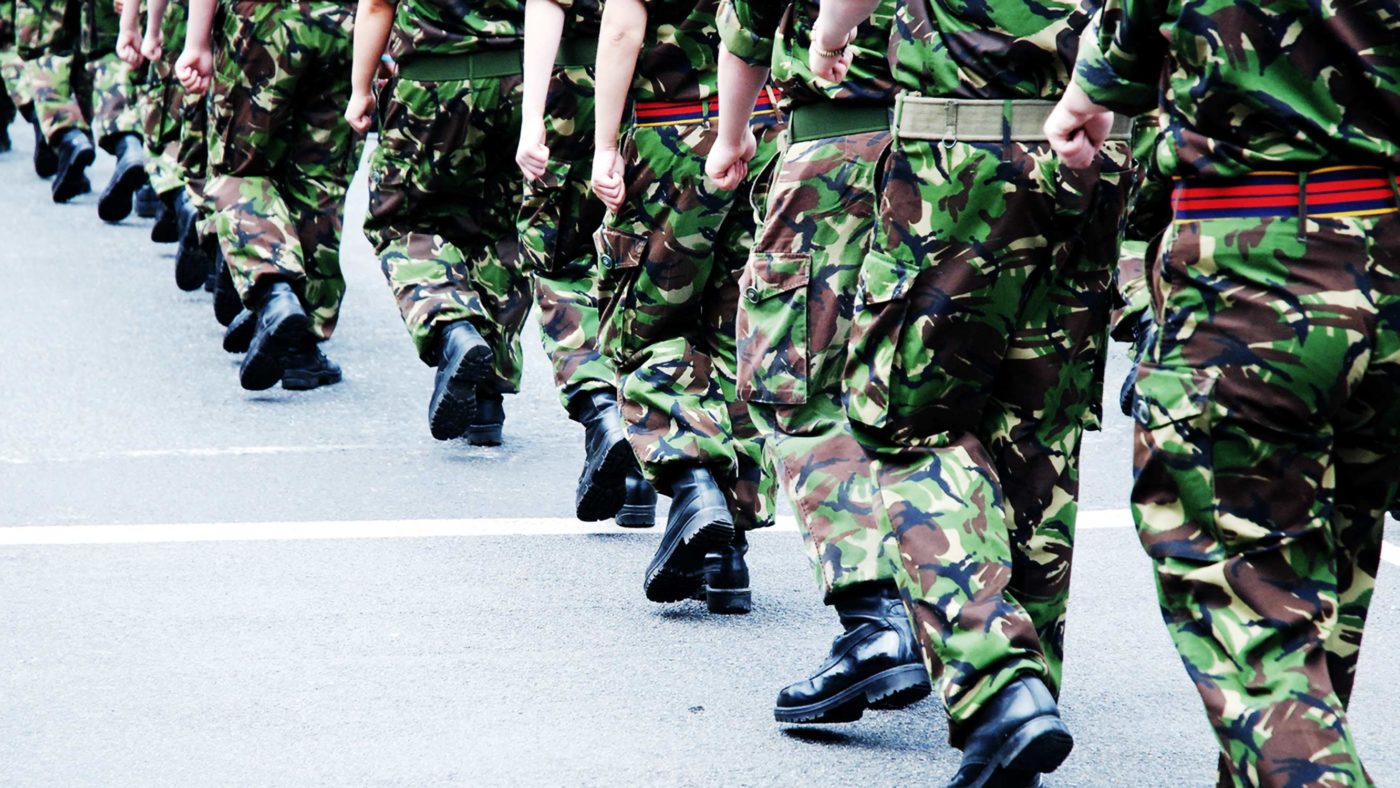There is a 1930s feel to the world at the moment. Authoritarianism is on the rise once again, geopolitical power bases are shifting, international institutions are unable to hold errant states and non-state actors to account, and rival states are seriously upgrading their hard power. To make matters worse, there is a clear absence of Western resolve and leadership – over what we collectively believe in, stand for, and are truly willing to defend.
If there was one welcome outcome from the most recent G7 summit in Cornwall, it is the realisation that unless the West becomes less risk averse, regroups, and re-unites, the next decade will get very bumpy indeed.
Russia is an acute threat to European interests as Vladimir Putin seeks to revitalise its superpower status by expanding influence in his backyard. China is the long-term geopolitical threat. An ever confident and assertive Beijing seeks to lure evermore states into its infrastructure, technology, and military programmes, progressively expanding its soft power influence across Asia and now Africa.
Three fresh factors make today’s situation more dangerous than in the lead up to the Second World War.
Changes in technology are altering how we communicate, do business, socialise, and indeed fight. Our openness offers access to both state and non-state actors to disrupt our lives beneath the threshold of direct conflict through disinformation, intellectual property theft, election interference, and cyber attacks.
Covid-19 has seen nations retreat from global exposure, become more siloed and protectionist. Many states have introduced emergency draconian legislation that they will be slow to relinquish.
Finally, climate change is already impacting security and governance in some of the world’s most vulnerable regions. Storms, floods, and droughts will affect agricultural productivity, damage economies, and lead to mass migration, most notably from Africa to Europe.
Large-scale food shortages will unsettle populations leading to intensified competition over resources and regional conflict. Even if COP26 is a success, the damage done to our fragile planet to date will not prevent sea levels from rising before the danger passes.
How the West acts over the next few years will determine how the next few decades play out. As the UK starts to lift its head after the distractions of Covid-19 and Brexit, we must recognise that our options are narrowing to change course.
The Government’s recent Integrated Review of Defence, Security, Development, and Foreign Policy recognises the individual pieces of the jigsaw puzzle, but it hasn’t fitted them all together to form comprehensive grand strategy, nor committed the necessary funds to ensure our defence powers are suitably upgraded for the looming threats we face.
We know we are more vulnerable than during the Cold War, when we spent 4% of GDP on defence. We cannot possibly match today’s threats on a peacetime budget of 2.2%. Although the Integrated Review has got us investing in our cyber and space resilience, without an increase in overall defence spending, our conventional military power will wither on the vine.
Over the next five years our Royal Navy surface fleet will become smaller than Italy’s. The British Army is the smallest it has been for 200 years. Tanks, armoured fighting vehicles, and nearly 10,000 troops will disappear. We won’t be able to transport or protect what’s left as we also lose 24 Typhoons, all our Hercules and Puma aircraft, and some of our Chinooks. Most worryingly, only 48 of the 138 F-35 Lightning jets are ordered.
It’s not just about hard power, but soft power too. Our failure in Afghanistan is an extreme example where the wise use of soft power was trumped by faith in hard power alone. Now is not the time to cap our defence spending, and we certainly should not be reducing our overseas aid budget.
The international ‘to do’ list could not be more daunting. Repairing our international institutions; reinvigorating Western resolve; and, addressing Russia’s acute aggression and China’s increasing economic, technological, and military clout are bad enough. Convincing friend and foe that we, not mother nature alone, need to tackle climate change is even tougher.
We are a nation that steps forward when others hesitate. The world would be a very different place if we hadn’t stood firm – and often alone – against Napoleon, the Kaiser, and Hitler. Today is no different. “No man is an island” said the poet John Donne. Too many, I fear, have turned in on themselves, confused by a complex world, and fearful of it. It’s often much easier to ignore threats than confront them in time, but never forget that, as with appeasement, political drift preceded decisiveness.
This time, we can’t afford to sleep while our enemies are wide awake – and ever more dangerous.
This article first appeared in Bright Blue’s autumn Centre Write magazine ‘Target secured?’.
Click here to subscribe to our daily briefing – the best pieces from CapX and across the web.
CapX depends on the generosity of its readers. If you value what we do, please consider making a donation.


